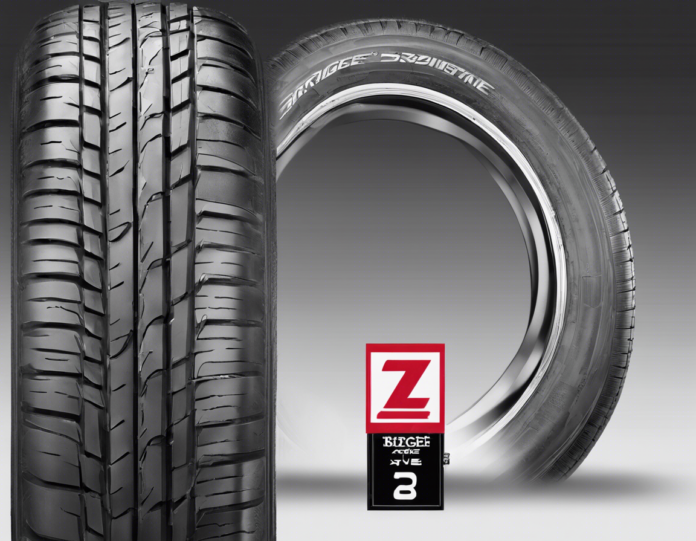When it comes to selecting the best Bridgestone tires for your vehicle, there are several factors to consider to ensure safety, performance, and longevity. With a wide range of tire options available in the market, it can be overwhelming to make the right choice. To help you in this process, here are some valuable tips to guide you in choosing the most suitable Bridgestone tires for your vehicle.
Understanding Your Vehicle and Driving Needs
Before buying new tires, it’s crucial to understand your vehicle type and your driving habits. Different types of vehicles require different tire specifications. For example, a sports car will require performance tires, while a family sedan may need tires that prioritize comfort and longevity. Consider factors such as your typical driving terrain (highway, city, off-road), weather conditions, and the load capacity of your vehicle.
Tire Size and Type
One of the most important aspects of selecting tires is to choose the right tire size for your vehicle. The size of your tires can significantly impact your vehicle’s performance and handling. You can find the recommended tire size in your vehicle’s owner’s manual or on the sidewall of your current tires. Additionally, consider the tire type based on your driving needs – all-season, summer, winter, or performance tires.
Performance and Durability
Evaluate the performance and durability characteristics of the Bridgestone tires you are considering. Performance tires are designed for excellent handling, grip, and responsive steering, making them ideal for sports cars. On the other hand, all-season tires offer a balance of performance and long tread life, making them suitable for everyday driving. Consider the treadwear rating and traction rating of the tires to gauge their durability and performance in various conditions.
Budget and Value
Set a budget for your tire purchase, but remember that quality tires are a long-term investment in your safety and vehicle performance. While it may be tempting to opt for the cheapest option, consider the value that the tires offer in terms of performance, durability, and safety. Compare prices from different retailers and look for promotions or rebates to get the best deal on Bridgestone tires.
Reviews and Recommendations
Before making a final decision, research and read reviews of the Bridgestone tires you are interested in. Look for feedback from other drivers who have used the same tires to gain insights into their performance, handling, and longevity. Additionally, consider seeking recommendations from tire experts or automotive professionals who can provide personalized advice based on your specific needs.
Maintenance and Service
After purchasing your Bridgestone tires, prioritize regular maintenance to ensure their longevity and performance. Follow the recommended tire rotation, alignment, and inflation guidelines to maximize the lifespan of your tires. Proper maintenance will also contribute to a smoother and safer driving experience.
Frequently Asked Questions (FAQs)
Q: How do I know when it’s time to replace my tires?
A: Check for signs of wear such as low tread depth, cracks, bulges, or vibrations while driving. Additionally, a tire pressure check and visual inspection can help determine if your tires need replacing.
Q: Can I replace just one tire, or should I replace all four at once?
A: It is recommended to replace all four tires at the same time to ensure uniformity in performance, handling, and safety. However, if only one tire is damaged, you can replace it with a tire of the same brand, model, and size.
Q: What is the difference between summer tires and all-season tires?
A: Summer tires are designed for warm weather conditions, providing excellent grip and handling on dry and wet roads. All-season tires are versatile and can perform well in a variety of conditions, including light snow and rain.
Q: How often should I rotate my tires?
A: Tire rotation is recommended every 5,000 to 7,000 miles to ensure even wear on all tires. Regular rotation can extend the lifespan of your tires and improve overall performance.
Q: Are there any warranties or guarantees on Bridgestone tires?
A: Bridgestone offers a limited warranty on their tires, covering defects in materials and workmanship. Additionally, some retailers may offer road hazard protection or tire replacement plans for added peace of mind.
By considering these key tips and factors, you can make an informed decision when choosing the best Bridgestone tires for your vehicle. Prioritize safety, performance, and value to enhance your driving experience and ensure optimal performance on the road.












